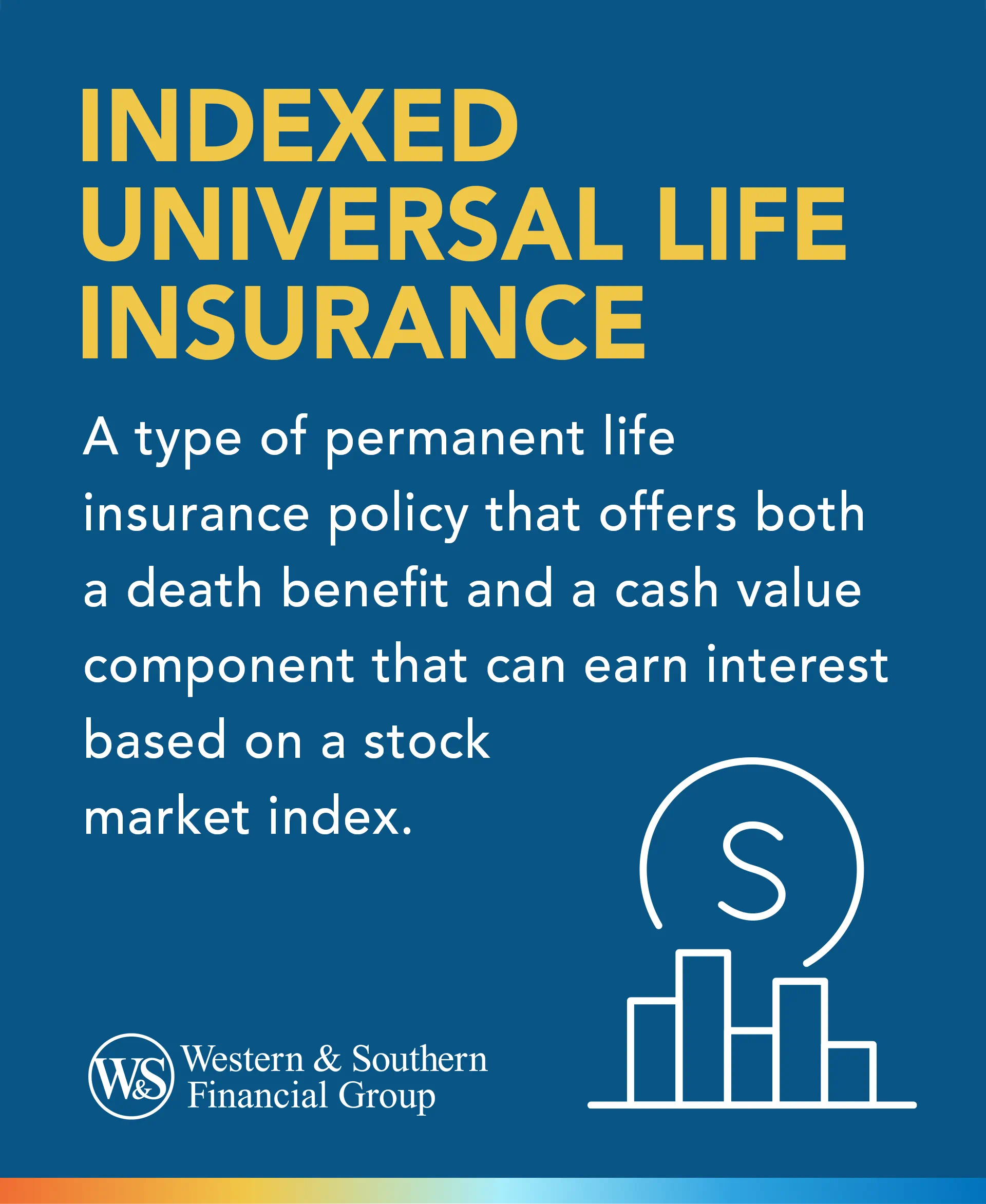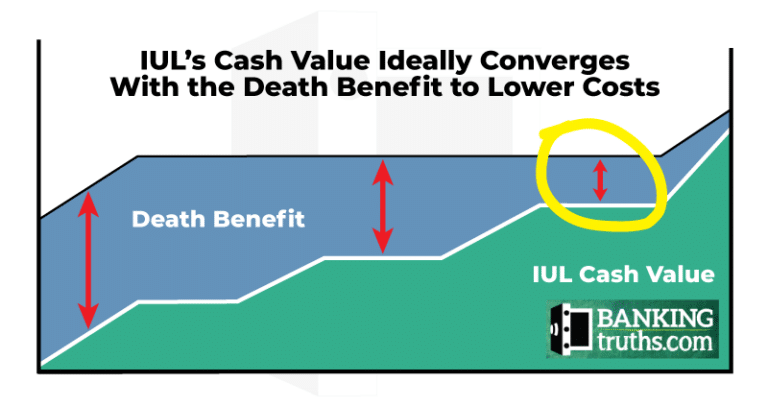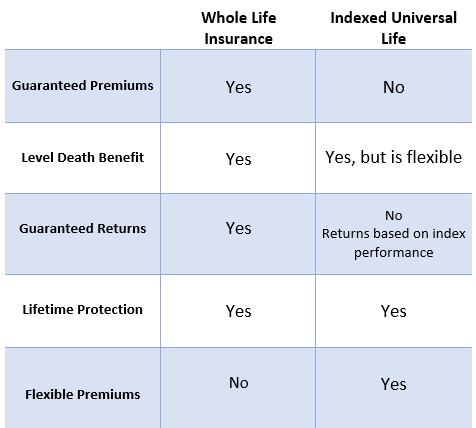All Categories
Featured
Table of Contents
Do they compare the IUL to something like the Lead Total Amount Supply Market Fund Admiral Shares with no tons, a cost proportion (EMERGENCY ROOM) of 5 basis points, a turnover ratio of 4.3%, and a phenomenal tax-efficient document of distributions? No, they compare it to some horrible proactively handled fund with an 8% lots, a 2% EMERGENCY ROOM, an 80% turn over proportion, and a horrible record of temporary funding gain distributions.
Mutual funds typically make annual taxed distributions to fund proprietors, also when the value of their fund has actually dropped in worth. Mutual funds not just require income coverage (and the resulting yearly taxes) when the mutual fund is rising in worth, yet can also impose earnings tax obligations in a year when the fund has actually gone down in worth.
You can tax-manage the fund, harvesting losses and gains in order to minimize taxable circulations to the capitalists, however that isn't in some way going to alter the reported return of the fund. The possession of shared funds may require the shared fund owner to pay projected taxes (indexlife).

IULs are very easy to place to make sure that, at the proprietor's fatality, the recipient is exempt to either income or estate taxes. The very same tax obligation reduction strategies do not function virtually as well with mutual funds. There are numerous, often expensive, tax traps related to the moment trading of common fund shares, catches that do not relate to indexed life insurance policy.
Possibilities aren't very high that you're going to be subject to the AMT because of your common fund circulations if you aren't without them. The remainder of this one is half-truths at best. For example, while it is real that there is no earnings tax because of your heirs when they acquire the profits of your IUL policy, it is likewise true that there is no income tax as a result of your heirs when they acquire a common fund in a taxed account from you.
Universal Underwriting
The government estate tax obligation exception restriction is over $10 Million for a pair, and expanding every year with rising cost of living. It's a non-issue for the large majority of doctors, a lot less the remainder of America. There are far better methods to stay clear of estate tax problems than acquiring financial investments with low returns. Common funds may trigger earnings taxes of Social Safety and security advantages.

The development within the IUL is tax-deferred and might be taken as free of tax earnings through lendings. The plan owner (vs. the common fund manager) is in control of his or her reportable revenue, thus allowing them to decrease and even get rid of the taxation of their Social Safety advantages. This one is terrific.
Right here's one more minimal problem. It holds true if you get a shared fund for claim $10 per share simply prior to the distribution date, and it distributes a $0.50 distribution, you are after that going to owe taxes (most likely 7-10 cents per share) although that you haven't yet had any kind of gains.
But in the end, it's actually about the after-tax return, not just how much you pay in taxes. You are going to pay more in taxes by using a taxable account than if you purchase life insurance coverage. But you're additionally most likely mosting likely to have even more money after paying those tax obligations. The record-keeping requirements for possessing common funds are substantially extra intricate.
With an IUL, one's records are kept by the insurer, duplicates of annual declarations are sent by mail to the owner, and distributions (if any type of) are amounted to and reported at year end. This is also kind of silly. Of course you must keep your tax obligation records in instance of an audit.
National Life Group Indexed Universal Life
Hardly a reason to acquire life insurance coverage. Common funds are frequently component of a decedent's probated estate.
On top of that, they go through the delays and expenses of probate. The profits of the IUL policy, on the other hand, is constantly a non-probate circulation that passes beyond probate straight to one's called recipients, and is therefore exempt to one's posthumous financial institutions, undesirable public disclosure, or similar hold-ups and prices.
Medicaid incompetency and lifetime income. An IUL can give their owners with a stream of income for their entire life time, regardless of exactly how long they live.

This is useful when arranging one's affairs, and converting properties to revenue before an assisted living home arrest. Mutual funds can not be transformed in a comparable manner, and are virtually constantly considered countable Medicaid possessions. This is an additional dumb one supporting that poor individuals (you recognize, the ones that require Medicaid, a federal government program for the bad, to spend for their nursing home) must use IUL rather of shared funds.
Universal Term Life
And life insurance policy looks terrible when compared relatively against a pension. Second, people that have money to purchase IUL over and past their pension are mosting likely to have to be awful at handling money in order to ever get approved for Medicaid to spend for their nursing home costs.
Persistent and terminal disease cyclist. All plans will enable an owner's easy access to money from their policy, usually forgoing any kind of surrender penalties when such individuals endure a major health problem, need at-home treatment, or end up being confined to an assisted living facility. Common funds do not supply a similar waiver when contingent deferred sales charges still put on a mutual fund account whose proprietor requires to offer some shares to fund the expenses of such a remain.
Universal Term Life Insurance
You obtain to pay more for that advantage (biker) with an insurance plan. Indexed universal life insurance coverage provides death benefits to the beneficiaries of the IUL owners, and neither the owner nor the recipient can ever shed money due to a down market.
I certainly don't need one after I get to economic independence. Do I desire one? On average, a buyer of life insurance policy pays for the true price of the life insurance coverage advantage, plus the expenses of the policy, plus the revenues of the insurance policy business.
Ul Mutual Insurance
I'm not totally sure why Mr. Morais included the whole "you can't lose money" again right here as it was covered quite well in # 1. He simply wished to duplicate the finest marketing point for these things I mean. Once again, you do not shed small dollars, however you can lose real bucks, along with face serious chance expense as a result of low returns.

An indexed global life insurance plan owner may trade their policy for a totally various plan without activating income tax obligations. A shared fund owner can stagnate funds from one mutual fund firm to an additional without selling his shares at the previous (hence causing a taxed event), and redeeming new shares at the latter, usually subject to sales fees at both.
While it is real that you can trade one insurance plan for another, the factor that people do this is that the first one is such a terrible plan that also after getting a new one and undergoing the very early, negative return years, you'll still appear ahead. If they were marketed the right plan the initial time, they should not have any type of need to ever exchange it and go via the early, negative return years once more.
Latest Posts
Disadvantage Insurance Life Universal
Accumulation Value Of Life Insurance
What Is The Difference Between Universal And Whole Life Insurance